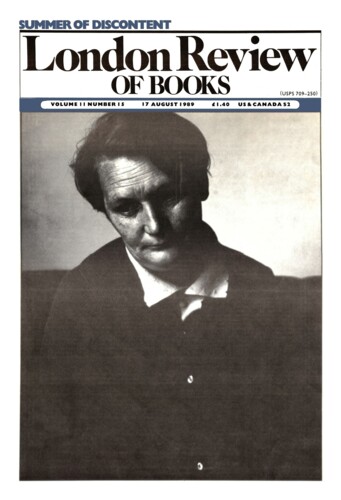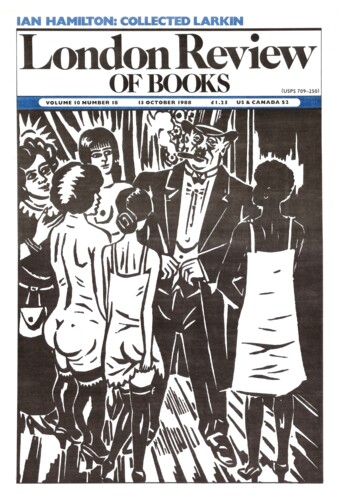During the war and after the war
J.R. Pole, 11 January 1990
With the passing of generations, the Civil War will lose its chronological centrality in American history, and may well come to be regarded, not so much as the great crisis of the very principle and possibility of the Union, but rather as an early difficulty that had to be overcome – one of the Union’s teething troubles. James McPherson, who has spent most of his academic life in the study of abolitionism and the related struggles of the Civil War era, has written a narrative history that comes as close to being both comprehensive and definitive as seems possible in a single volume. He avoids the kind of thematic interpretation that has been popular in American historical writing and never loses sight of two essential requirements: an appreciation of what it was like at the time, and an appreciation of what it was like as a whole.’



